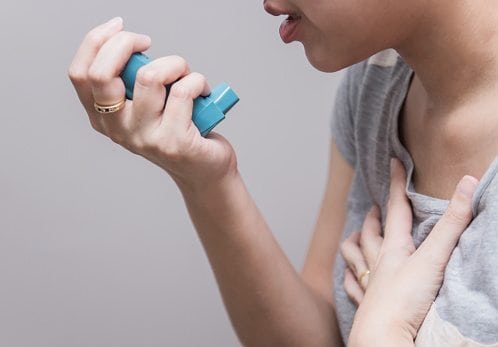<< Back
Asthma, COPD and the Willimantic Waste Paper Fire: What You Need to Know

January 29, 2018
A fire the size of the Willimantic Waste Paper blaze can cause health issues for just about anyone, especially those with asthma, COPD and other diseases. Here are some tips from Windham Hospital Medical Director Dr. Robert Bundy, a pulmonologist, and the American Lung Association:
General tips:
- Stay indoors: People living close to the Willimantic Waste Paper fire should remain indoors until the smoke dissipates.
- Protect your home: Keep doors, windows and fireplace dampers shut. Air cleaning devices that have HEPA filters can provide added protection. Place damp towels under doors and other places where the outside can get in.
- Masks don’t really help: Masks are designed to filter out large particles, not smoke. Consult with your doctor before using a mask, especially if you have a lung disease.
- Children are vulnerable: Extra precaution should be taken for children, who are more susceptible to smoke because their lungs are still developing.
- Roll up vehicle windows: Keep your windows and vents closed.
- Don’t exercise outside: If you live in the surrounding area, don’t exercise outdoors, especially if you smell smoke or notice eye or throat irritation.
If you have lung disease, heart disease or diabetes:
- Watch for symptoms: Higher levels of smoke can make breathing more difficult. Symptoms to watch for include shortness of breath, wheezing, chest heaviness, difficulty taking a full breath, lightheadedness and dizziness. If you are experiencing symptoms, contact your physician.
- Watch for breathing issues after the fact: The first symptoms can appear as late as 24 to 48 hours after exposure. After a fire of this size, smoke can remain in areas for many days. If you develop a persistent cough or difficult or painful breathing, call your medical provider.
- Ask about oxygen: People using oxygen should not adjust their intake before consulting their doctor.
- When in doubt, seek medical attention. People with asthma or other lung diseases, cardiovascular diseases or diabetes should check with their provider about any changes in medication that may be needed because of smoky conditions. If symptoms do not subside using typical medicines, seek medical attention.